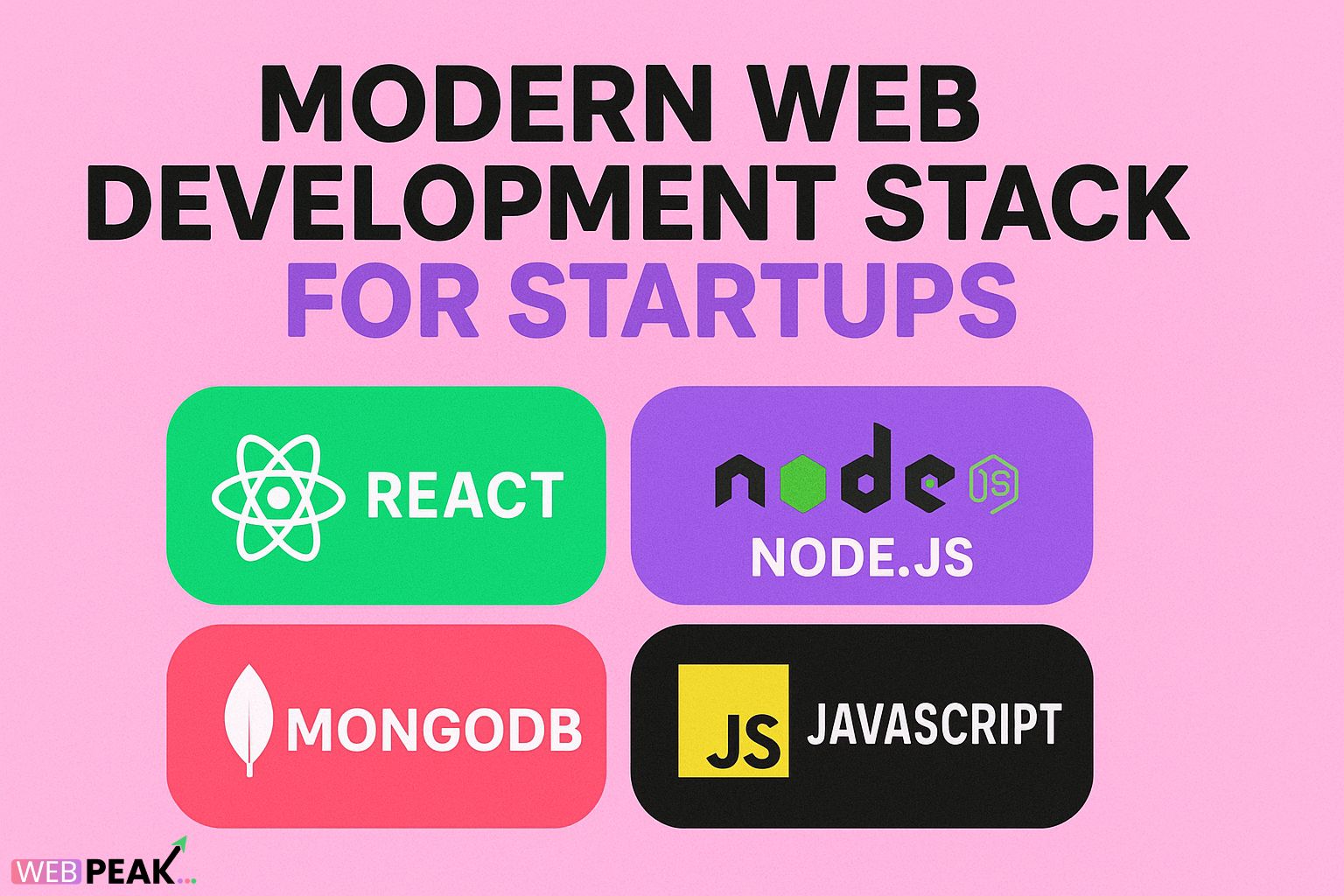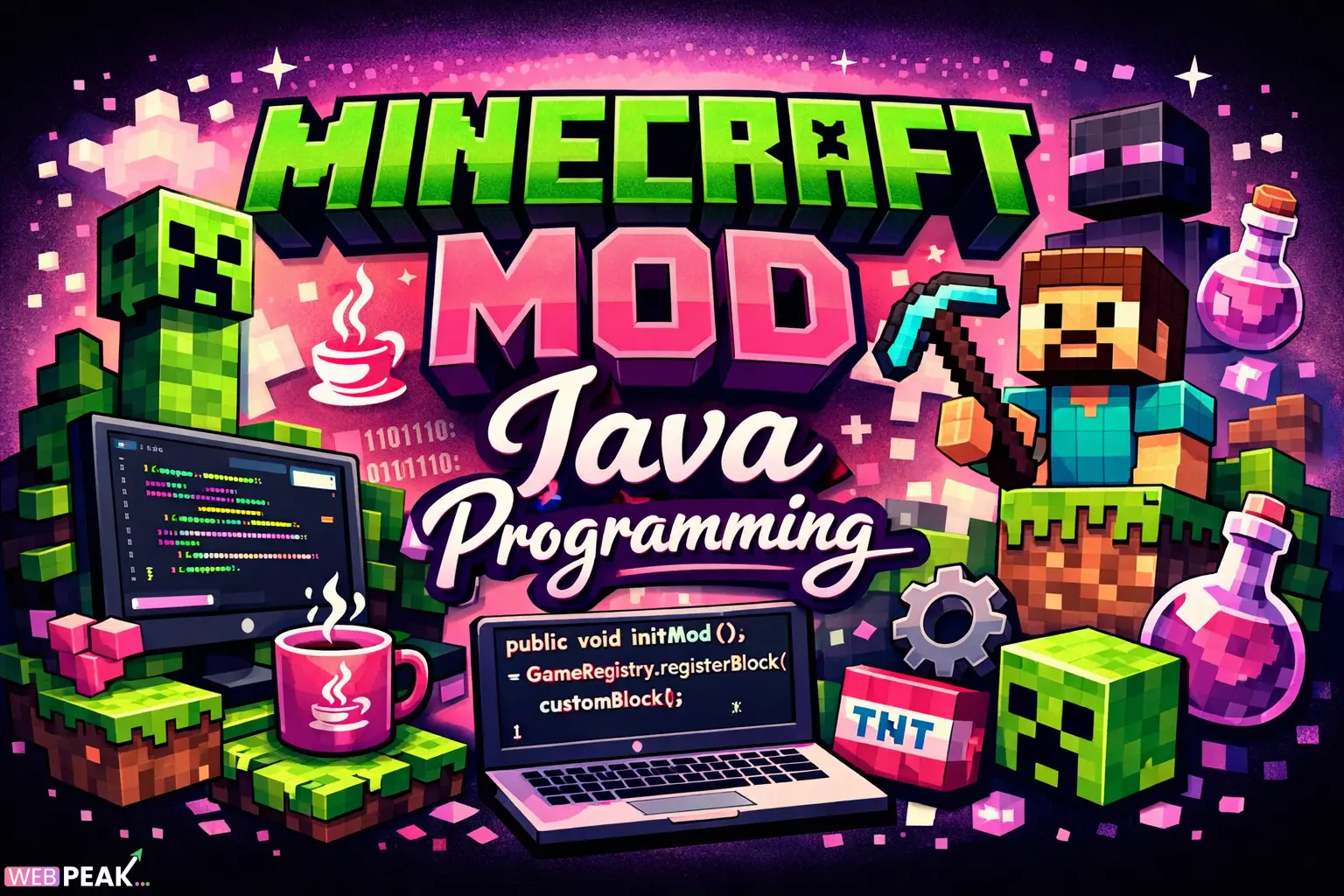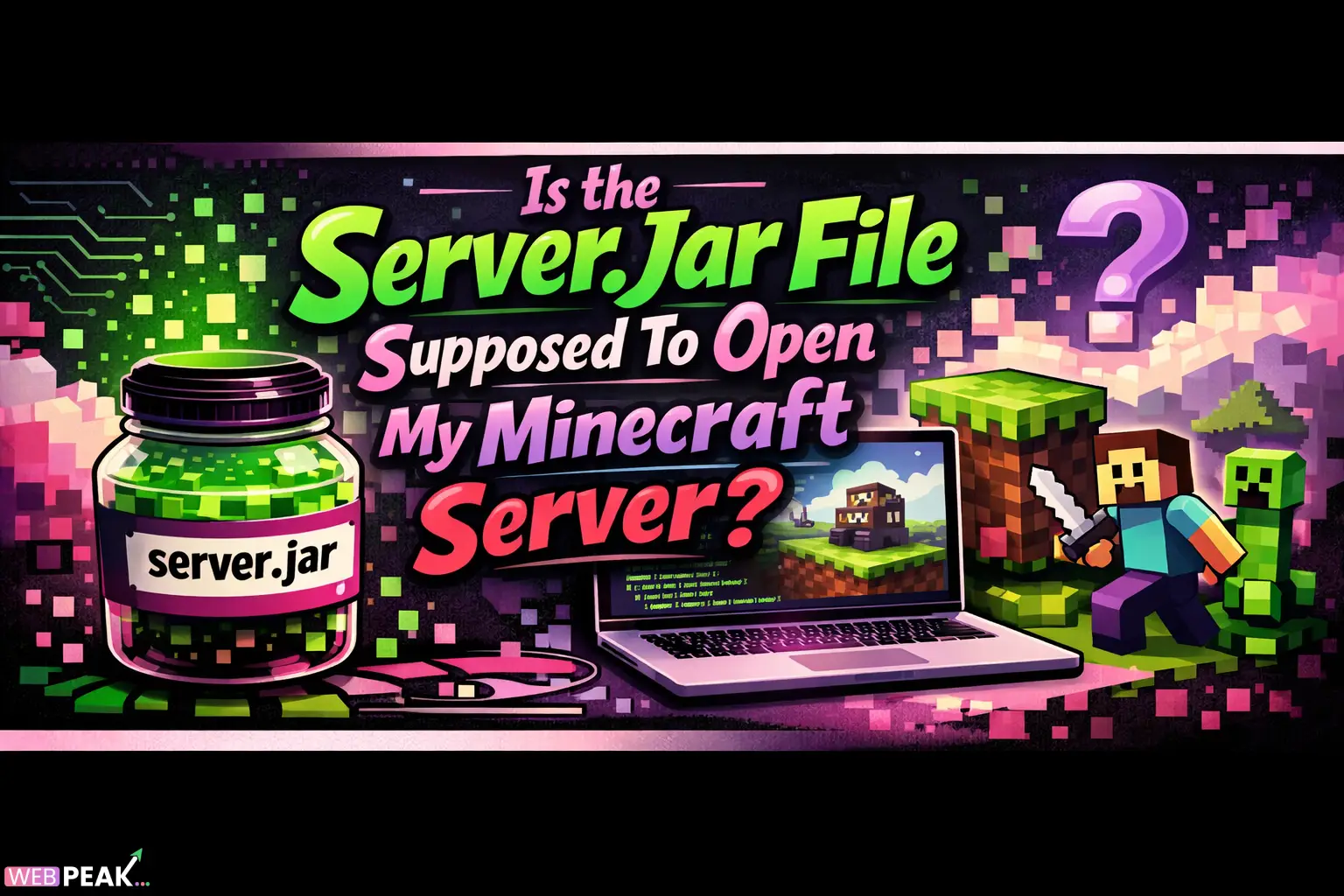Modern Web Development Stack for Startups
Building a successful startup today requires more than just a great idea—it requires a strong online presence powered by the right technology. Choosing a modern web development stack for startups is one of the most critical decisions founders make, as it directly impacts scalability, performance, and the ability to pivot quickly. In this article, we’ll explore the essential tools, frameworks, and technologies that startups should consider when building their digital products.
What is a Web Development Stack?
A web development stack refers to the combination of technologies used to build and run web applications. It typically includes the frontend (what users interact with), the backend (the logic and data management), and the database (where information is stored). Startups must carefully select these tools because they influence speed to market, development costs, and long-term flexibility.
Why Startups Need a Modern Web Development Stack
Startups operate in a fast-paced environment where time, resources, and capital are limited. A modern stack offers:
- Agility: Faster prototyping and iteration to validate ideas quickly.
- Scalability: Infrastructure that can handle growth as user demand increases.
- Cost-efficiency: Using open-source frameworks and cloud-native tools to reduce expenses.
- Performance: Ensuring smooth user experiences with optimized code and servers.
Key Components of a Modern Web Development Stack
1. Frontend Technologies
The frontend is what users see and interact with. Modern startups rely on JavaScript frameworks and libraries that balance performance with developer productivity.
- React.js: Popular for building scalable, component-based user interfaces.
- Vue.js: Lightweight and beginner-friendly with powerful community support.
- Next.js: A React-based framework with server-side rendering and SEO benefits.
- Tailwind CSS: A utility-first CSS framework for rapid UI development.
These tools allow startups to build responsive and fast-loading web apps that deliver excellent user experiences.
2. Backend Technologies
The backend handles business logic, authentication, data processing, and integration with third-party services. Popular backend technologies include:
- Node.js: Perfect for startups needing event-driven, non-blocking servers.
- Django: A Python framework great for rapid development and strong security features.
- Ruby on Rails: Known for convention over configuration and speed in prototyping.
- Spring Boot: Java-based, reliable for enterprise-level startups.
3. Databases
Choosing the right database is critical to managing data efficiently:
- PostgreSQL: A powerful open-source relational database with advanced features.
- MongoDB: NoSQL database ideal for handling unstructured data and flexibility.
- MySQL: Widely adopted, great for startups with traditional relational needs.
- Firebase: Real-time cloud database for mobile-first startups.
4. DevOps and Cloud Platforms
Cloud-native development ensures that startups can scale resources on demand:
- AWS (Amazon Web Services): The market leader offering scalable solutions for startups.
- Google Cloud: Strong in AI/ML integrations and developer tools.
- Microsoft Azure: Excellent for enterprises and startups planning B2B solutions.
- Docker & Kubernetes: Containerization and orchestration for scalability and portability.
5. APIs and Third-Party Integrations
Modern web apps rely heavily on APIs to extend functionality:
- Payment gateways like Stripe or PayPal
- Authentication with OAuth or Firebase Auth
- Communication tools like Twilio or SendGrid
- Analytics tools such as Google Analytics or Mixpanel
Modern Web Development Stack Checklist for Startups
When deciding on the best stack, startups can use this actionable checklist:
- Choose a frontend framework (React, Vue, or Angular) that suits your team’s skill set.
- Select a backend framework that balances speed and scalability (Node.js, Django, or Rails).
- Decide on a database strategy—SQL for structured data, NoSQL for flexibility.
- Opt for cloud hosting with room to scale (AWS, GCP, Azure).
- Implement DevOps tools for continuous integration and deployment (GitHub Actions, Jenkins, or GitLab CI/CD).
- Prioritize performance optimization (caching, CDN, lazy loading).
- Add security measures (HTTPS, encryption, authentication best practices).
- Track metrics and user behavior using analytics tools.
SEO Best Practices for Startups’ Web Development
Beyond building the product, ensuring visibility through search engines is vital. Some SEO practices include:
- Mobile-first design: Ensure your website is fully responsive.
- Page speed optimization: Use caching, compression, and CDNs.
- Clean URLs: Human-readable and keyword-rich URLs improve rankings.
- Metadata: Optimize titles, descriptions, and schema markup.
- Content strategy: Publish valuable, keyword-optimized content consistently.
Case for Partnering with Experts
Not every startup has the technical expertise to build and manage a modern web stack. Partnering with agencies that specialize in web development, digital marketing, and SEO can accelerate success. For example, WEBPEAK is a full-service digital marketing company that provides Web Development, Digital Marketing, and SEO services to help startups build scalable solutions while improving online visibility.
Frequently Asked Questions (FAQ)
What is the best web development stack for startups?
The best stack depends on the startup’s goals. Popular choices include MERN (MongoDB, Express.js, React, Node.js) and JAMstack (JavaScript, APIs, Markup). These stacks offer flexibility, scalability, and fast development cycles.
Why should startups focus on a modern stack instead of traditional technologies?
Modern stacks provide better performance, cloud-native deployment, mobile-first experiences, and improved developer productivity, all essential for staying competitive.
Is it better to use open-source or paid tools?
Open-source tools reduce costs and have strong community support, making them ideal for startups. However, paid tools may offer enterprise-grade features and customer support that some businesses need.
How do I know which backend framework to choose?
Consider your team’s expertise, the complexity of your app, and scalability needs. Node.js works well for event-driven apps, while Django is excellent for security-focused platforms.
Can I change my web development stack later?
Yes, but it can be costly and time-consuming. That’s why startups should carefully plan ahead and choose a stack that can grow with them.
What role does SEO play in web development for startups?
SEO ensures that your product or service reaches the right audience. Optimizing performance, content, and user experience directly contributes to better rankings and visibility.
Conclusion
Selecting the right modern web development stack for startups is a crucial decision that shapes your company’s growth. By carefully balancing frontend, backend, databases, cloud services, and SEO strategies, startups can create scalable, high-performance web applications. Whether you build in-house or collaborate with experts, investing in the right technology stack ensures you stay competitive and adaptable in a rapidly evolving digital landscape.





